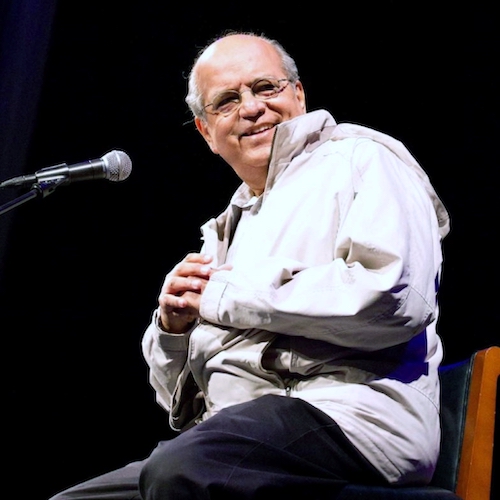Remembering Our Roots
As we celebrate 50 years of serving God and serving others, we remember our roots. Our dear founder, Dr. Gustavo Parajón, had written the following message in CEPAD’s 1977 Annual Report. What he wrote still stands true today as CEPAD works to meet people’s needs both spiritual and physical.
The Diaconal Ministry
Written by Gustavo Parajón for CEPAD’s 1977 Annual Report
“For the Son of Man also came not to be served but to serve, and to give His life as a ransom for many.”
The Lord Jesus himself was the one that said these words to describe his ministry towards humanity. The Church is the Body of Christ, and consequently can not have a different vision and perspective, because the Lord has entrusted in the Church the mission that He initiated. For that purpose the Holy Spirit enables and gives skills and gifts to the members of the Church so that the Church will carry out the different ministries or services to humanity.
These ministries are diverse, varied and deep and minister to persons in their many needs. Recently we have been talking about the “social” ministries that the Church has neglected. All of the ministries are characteristically “social” because they reach persons in their multiple needs. The ministries of preaching and of evangelism are as “social” as the others because they have a great impact upon persons.
It would seem best to use the word diaconal to describe the service that has to do with the reception, administration of foodstuffs, money, and of services to the communities, etc. To carry out these services the Apostle Paul indicates that the Spirit enables some members of the Church to “serve, help administer, give liberally, and show mercy” to humanity.
To carry out these ministries we must be aware that the point of departure is the Lord Jesus, that the Church is the one that has to carry them out in favor of humanity and that the arena in which they are carried out is the world. We must also notice that all of the ministries have a very intimate relationships and a common purpose to allow the church to “offer spiritual sacrifice acceptable to God” (1 Peter 2:5).
On his way to Jericho the Lord Jesus helped Bartimaeus the blind man, allowing him to see again. Immediately after entering Jericho he helped Zacchaeus in a deep spiritual need that he had. A ministry to a physical need in one instance, and a service to a spiritual need in the other.
The intimate relationship of possessing eternal life and giving oneself in service to others comes out very clearly in the Good Samaritan parable. A lawyer asked Jesus “Teacher, what shall I do to inherit eternal life?” The Lord Jesus asked him to state what the Law said: “You shall love the Lord your God with all your heart, and with all your soul, and with all your strength, and with all your mind; and your neighbor as yourself.” From this dialogue emerged the parable of the Good Samaritan. The Samaritan was the neighbor that stopped to help the wounded one (needy one) without stoping to ask his racial origin, what was his religion, to what political party he belonged, or which was his social status. This is an example of the “spiritual sacrifices” that Christians must carry out.
Hebrews clarifies that we should “not neglect to do good and to share what you have, for such sacrifices are pleasing to God” (Hebrews 13:16). This is the base of the diaconal ministry which is an integral part of the mission of the Church and that becomes an authentic and truthful expression of the spiritual sacrifices acceptable to God. Faith is the dynamic force that leads us to carry out diaconal works and the words are the concrete expression of our faith.
The Church must carry out all of the ministries in a complete and full way. The Church can not neglect any of its ministries if it wants to fully obey its Lord and Saviour. And all of the ministries “declare the wonderful deeds of Him who called us out of darkness into His marvelous light” (1Peter 2:9).


